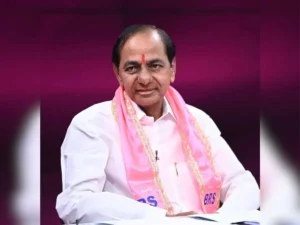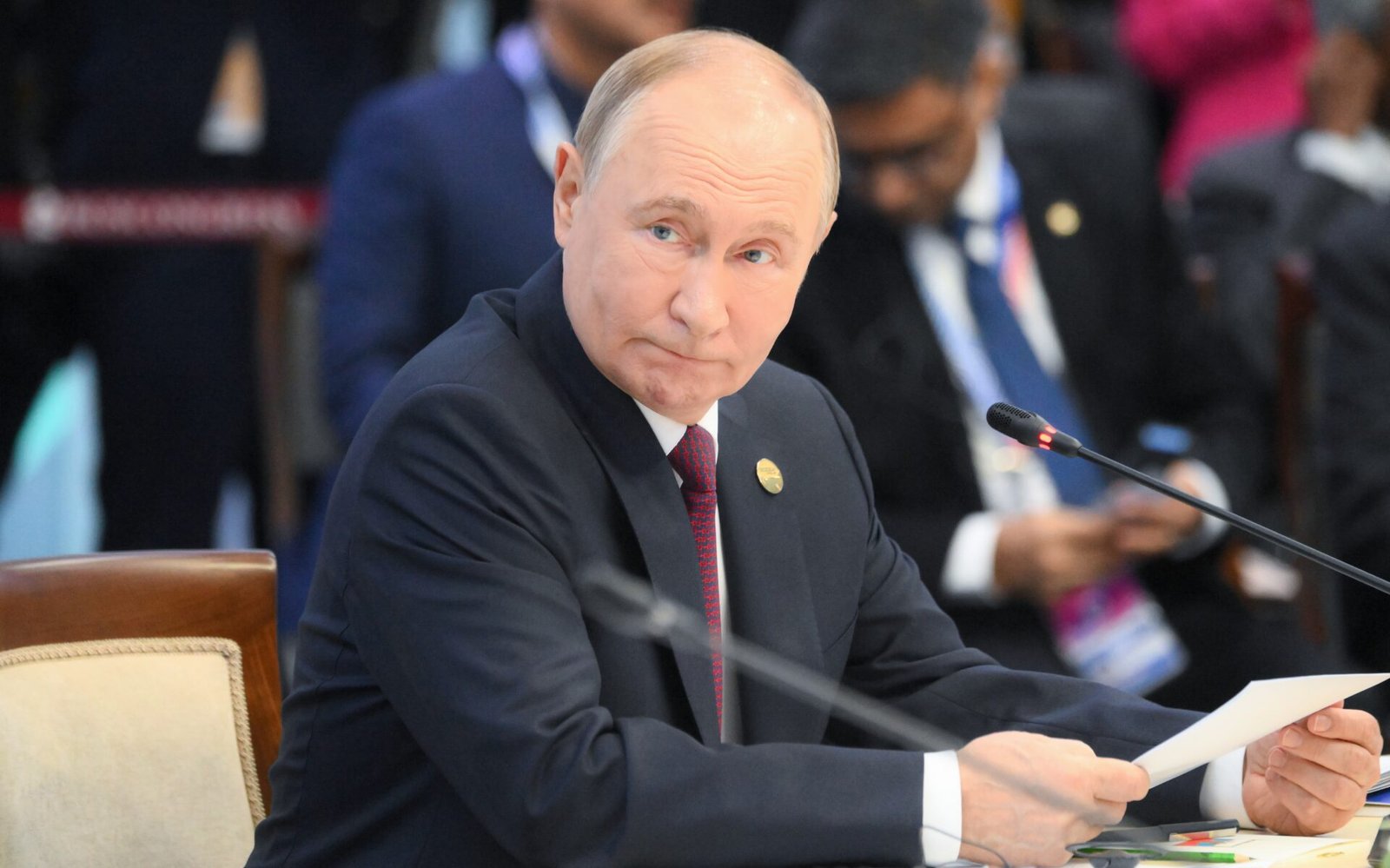
Hyderabad, 15 june :Telangana Chief Minister K. Chandrashekar Rao (KCR) has recently stirred controversy by denouncing the Power Purchase Probe Commission, labeling it as both ‘illegal’ and ‘biased’. This commission was established to investigate alleged irregularities in power purchase agreements made by the state government.
KCR’s criticism stems from his belief that the commission lacks legal standing and impartiality, thereby questioning its validity and fairness in conducting the probe. He has expressed concerns that the commission’s findings could potentially be politically motivated or unjustly target his administration.
The commission’s mandate to scrutinize power purchase agreements is a response to allegations of financial impropriety and mismanagement within the energy sector of Telangana. However, KCR’s vehement opposition suggests a broader disagreement over the methods and intentions behind the commission’s formation.
The controversy underscores deeper tensions surrounding accountability in governance and the interpretation of legal frameworks in investigative procedures. It also raises questions about the autonomy of such commissions and their role in ensuring transparency and accountability within governmental operations.
As the debate unfolds, stakeholders and the public alike await further developments to understand the implications of KCR’s stance on the legality and impartiality of the Power Purchase Probe Commission. This ongoing dispute highlights the complexities of governance and oversight in addressing critical issues affecting the state’s energy policies and financial stewardship.








